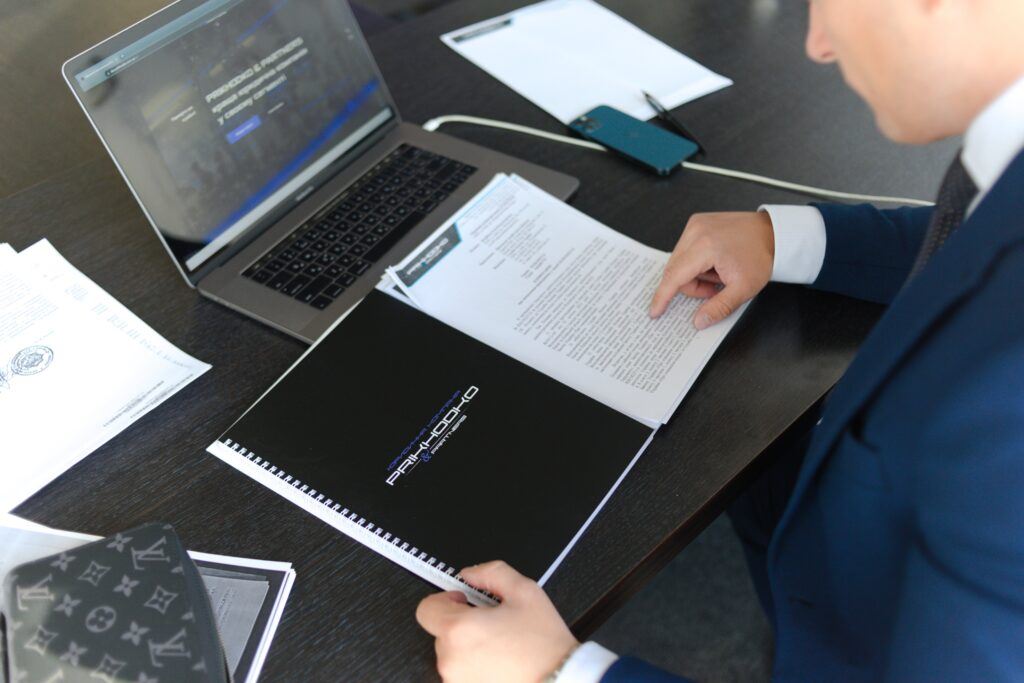
"Your success is our goal: when you contact us, you get an individual approach that ensures a quick and effective solution to your legal issues."
Recognition of a person as incapable and appointment of a guardian
The issue of recognizing a person as incapacitated has gained widespread popularity in connection with active hostilities on the territory of Ukraine.
Many citizens could not mentally survive the horrors committed by the Russian Federation against the Ukrainian people and suffered permanent mental disorders.
As a result, the number of people who need guardianship has increased significantly compared to the beginning of the large-scale invasion of the aggressor.
However, a large number of citizens still do not know how to legally correctly recognize a person as incapacitated and appoint a guardian. What is the relevance of the chosen topic for today?
In this informative article, we will try to answer the questions regarding the features of recognizing a person as incapacitated and establishing guardianship over him.
What is the definition of a disabled person?
The Civil Code of Ukraine states that an incapacitated person should be understood as a citizen who cannot realize the meaning of his actions and deeds, as well as manage them due to a persistent mental disorder.
Such a disorder can be present in a person both since childhood (congenital disease) and acquired during its existence (for example, the transfer of a serious event in life that caused mental trauma – the death of a loved one).

Who has the authority to declare an individual incapacitated?
According to the current Ukrainian legislation, a citizen can be declared incapacitated only by a decision of a judicial authority.
Thus, the interested person submits an application to the court, and the latter, in the course of considering the case, makes a decision to recognize the citizen as incapacitated and appoints a guardian.
What are the legal consequences of recognizing an individual as incapacitated?
- If the court recognizes an individual as incapacitated, guardianship is established over him and a guardian must be appointed;
- As a result of persistent mental disorder, an incapacitated person is deprived of the opportunity to perform any transactions, conclude various contracts, etc.;
- In the interests of an incapacitated person, i.e. on his behalf, the appointed guardian performs transactions;
- An incapacitated person does not bear any responsibility (criminal, civil, administrative) for the damage caused by his actions or deeds, as he is completely dependent on his guardian. And therefore, compensation for the damages is done at the expense of the latter.
Thus, the institution of recognizing a person as incapacitated is closely related to the institution of guardianship, because only the latter helps to realize the legal rights and interests of a citizen with a stable mental disorder. That is, he is the legal representative of an incapacitated person.
Who can be a guardian?
- A citizen who has full civil capacity, that is, is aware of his actions and deeds, can consciously control them. In addition, such a person must reach the age of majority;
- A citizen who has the physical ability to exercise the powers and duties of a guardian (that is, to have a good state of health, which is confirmed by an appropriate certificate from a medical health care institution);
- The guardian is usually appointed from the circle of persons who have a family or family relationship with the ward (for example, a father establishes guardianship over his own son or daughter).
In addition, the fact that the relationship between the future guardian and his ward has developed, whether they understand each other, etc., must also be taken into account.
Importantly! The court appoints a guardian over an incapacitated person only upon the submission of the body of guardianship and guardianship (part 1 of Article 60 of the CCU). Also, it is worth noting that several guardians can be appointed to an incapacitated person at the same time.
When can guardianship over an incapacitated person be terminated?
If it is established that the citizen has regained his civil legal capacity as a result of recovery from a persistent mental disorder, in such a case the guardianship over the natural person shall be terminated.

The issue of recognizing a person as incapacitated and appointing a guardian is quite difficult for independent implementation in practice, and therefore the best option for solving such a problem would be to contact qualified lawyers – the “Prikhodko and Partners” law firm.
The company’s lawyers will analyze in detail your case that happened in practice and provide high-quality legal support in the case, as we are interested in obtaining only a guaranteed result for our clients. Do not delay and contact us!
Calculate the cost of services
1 question
Have you contacted guardianship or social services?
2 question
Have you consulted other lawyers or advocates?
3 question
Are you in Kyiv or Kyiv region?

Family law lawyer. Specializes in divorce and probate matters.
Articles on the topic:
call back
during the day



